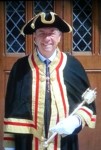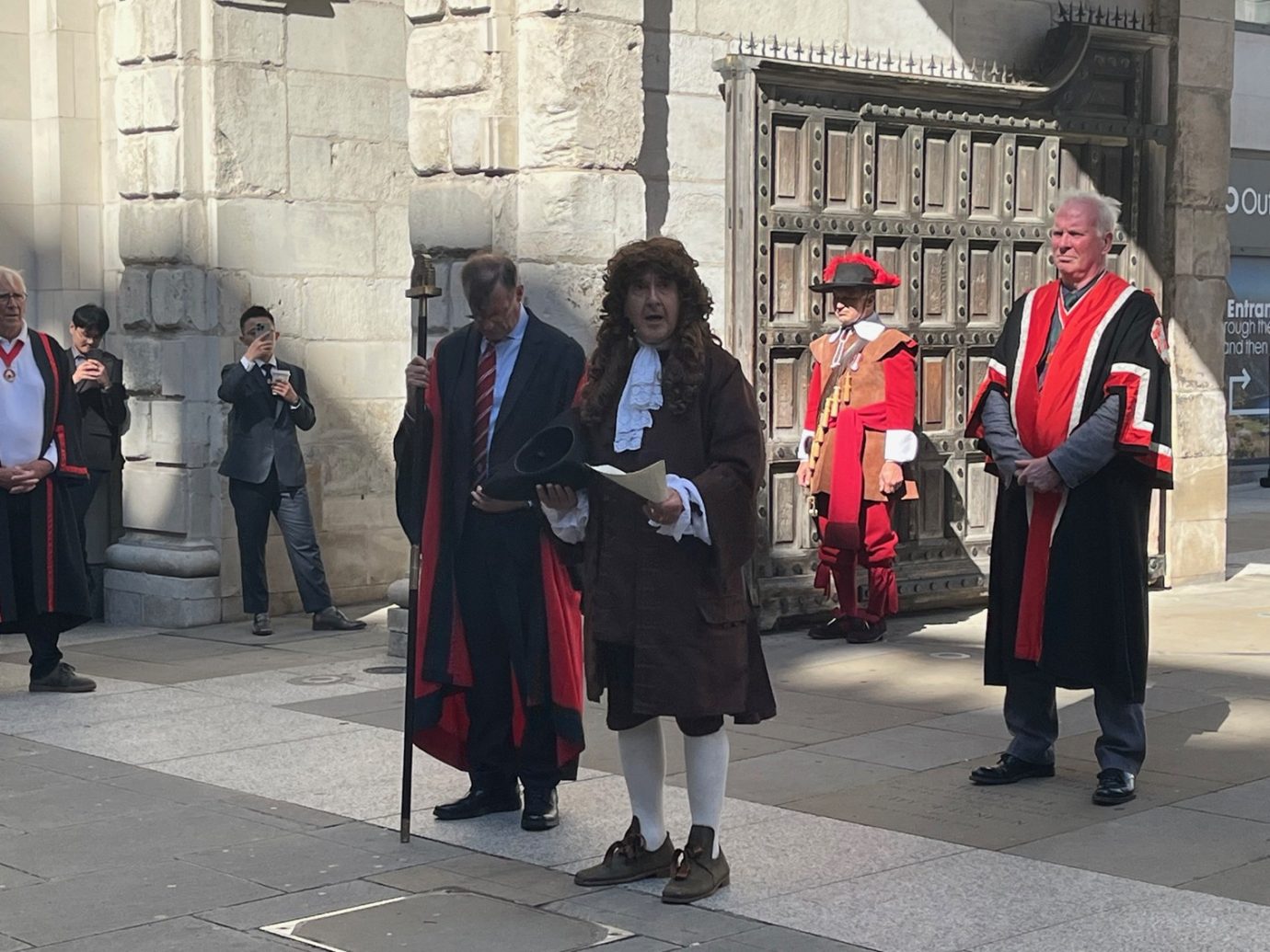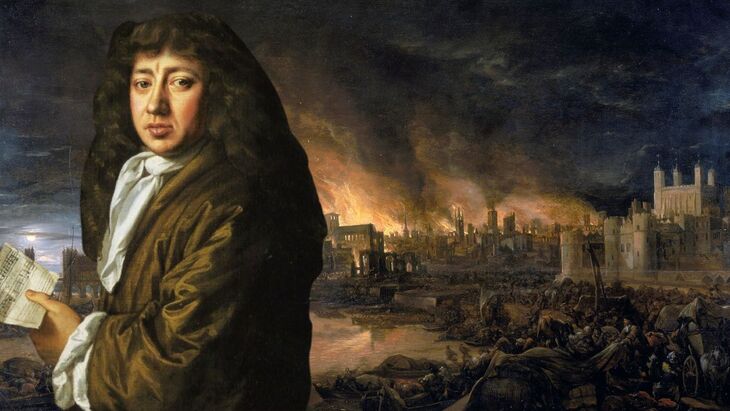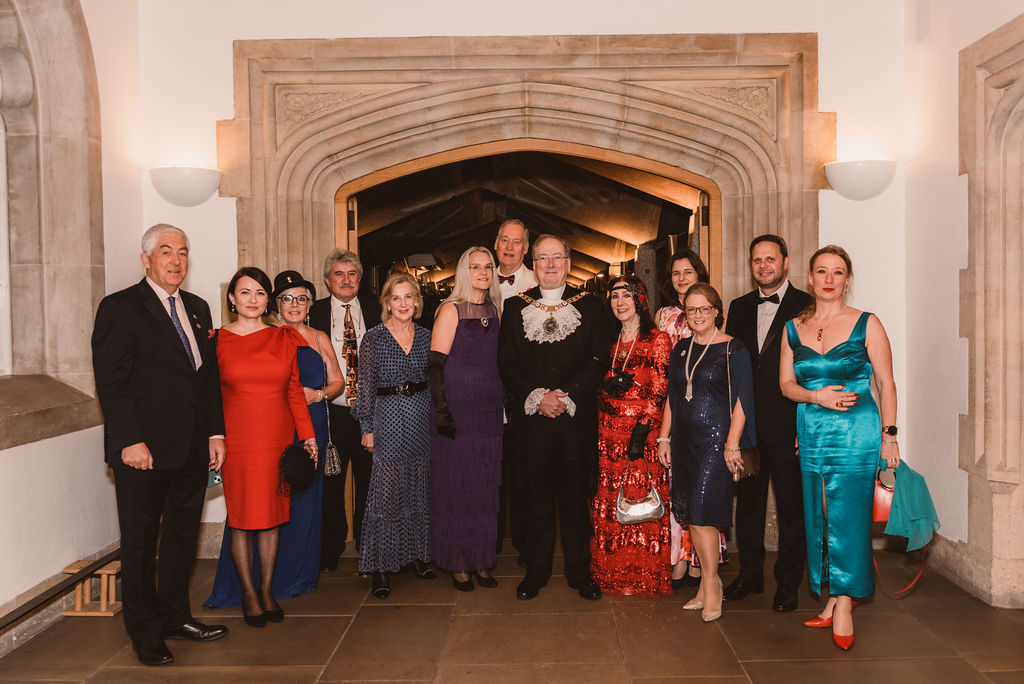Today’s Lady Mayor Show reminded me to share a little history about the mace that accompanies me in the Show, in turn accompanied by the Broad Street Ward Beadle.
Continue readingThe City of London & Broad Street Ward
“Bright Lights, Open Minds, Robust Community”
Of Merchants & Men – A Freewheeling Flaneuring Podcast With TimeLine London
My dear friend Dr Geoff Browell and his team, Tam McDonald, Christopher Winn, and Mark Mason, had the courage to ask me to hold forth on an eclectic and personal view of London’s history. Here is the resulting 53 minutes of sauntering sagacity, peripatetic pomposity, or perhaps freewheeling flaneuring.
Pepys Day! Part Deux
Yes, I can’t resist an obscure reference to a 1993 parody B, but fun, film, Hot Shots! Part Deux. Pepys Day! Part Deux was also enormous fun with a bit of parody thrown in too.
Continue readingPepys Day 2025: London’s Most Delightfully Diary-Obsessed Celebration Returns
[An edited version of this article appeared as “Pepys Day: Raise A Toast To London’s Best Diarist” in City AM on 2 September 2025]
Friday, 5 September 2025, marks the second annual Pepys Day in London. If you missed last year’s inaugural celebration, you’ll want to grab your quill and parchment (or smartphone) to register immediately. Samuel Pepys and his diaries of the Great Fire are to London as James Joyce and Bloomsday are to Dublin.
Continue readingFormer Lord Mayor Michael Mainelli Appointed President of the London Chamber of Commerce & Industry
Great news to share…
Continue readingAlderman Professor Michael Mainelli Re-elected For Third Term
It was a cordially-contested election with a result of 70% in my favour. My acceptance remarks this evening went:
Continue readingWardmote 2024 – Electoral Statement
Alderman, Ladies & Gentlemen,
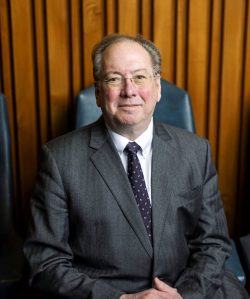
After one of his lengthy, repetitive speeches Soviet leader Leonid Brezhnev confronted his speechwriter. “I asked for a 15 minute speech, but that lasted an hour!” The speechwriter replied: “Comrade, it was 15 minutes, but I gave you four copies…”. You’ll be glad to hear I have a single copy.
Broad Street Ward Aldermancy – Nomination Papers Submitted
Re-Elect Professor Michael Mainelli for Alderman of Broad Street Ward
Today I submitted my papers to stand for a third term as Alderman for Broad Street Ward.
Continue readingMayor’s Progress – End of Term Report Card
We concluded our bi-monthly series of Mayor’s Progress reports with our final report card. Though any Lord Mayor wishes she or he could claim credit for creating jobs (all those dinners, speeches, promotional activity, videos, overseas visits, etc.), in fact, during this year as Lord Mayor, from November 2023 to November 2024, jobs in the City of London increased from 615,000 to 678,000 – yes, in just one year, an increase of over 10%!
Continue readingGrand Finale – What A Night!
Well, going out with a bang with some of our best friends, in particular The Committee!
Continue reading
